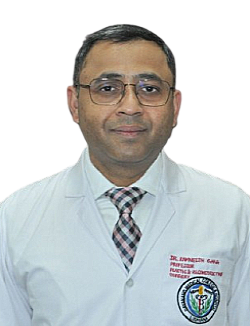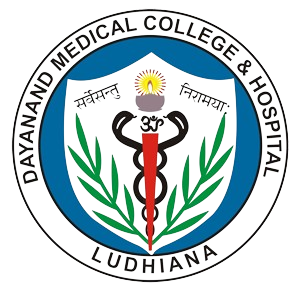
Rebuilding, repairing, or improving physical appearance and function is the focus of the specialty medical field known as plastic surgery. It addresses burns, injuries, congenital defects, and the effects of aging and includes both reconstructive and cosmetic procedures. Patients who have experienced trauma, cancer, or birth defects like cleft lips frequently benefit from reconstructive plastic surgery, which helps restore normal function and appearance. On the other hand, cosmetic plastic surgery, which includes procedures like liposuction, breast augmentation, facelifts, and rhinoplasty, is done to improve or alter aesthetic features.
Plastic surgery is now safer and more successful thanks to advances in medical technology, providing results that look natural and increasing patient satisfaction. Nowadays, many operations are minimally invasive, which shortens recovery times and lowers surgical risks. Beyond just changing one's appearance, plastic surgery can greatly increase confidence and self-worth, which will improve one's quality of life. To guarantee the best result, people must, however, have reasonable expectations and seek advice from skilled surgeons.
As the field of plastic surgery continues to advance with advancements like 3D imaging, laser treatments, and tissue engineering, ethical considerations and well-informed decision-making are crucial. In the end, plastic surgery is an effective technique that improves both form and function, thus making people's lives better in many ways.
Our Specialists





